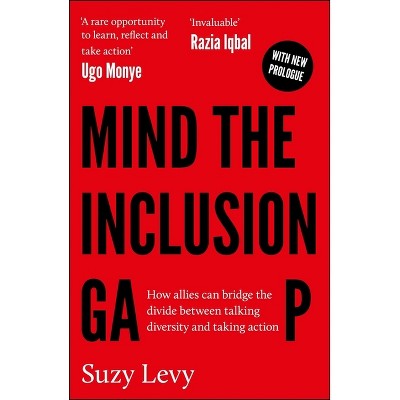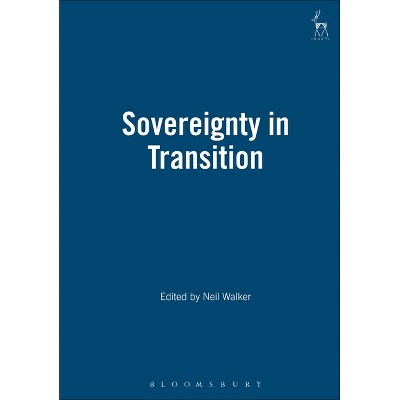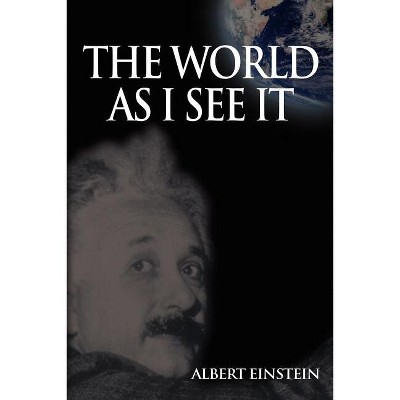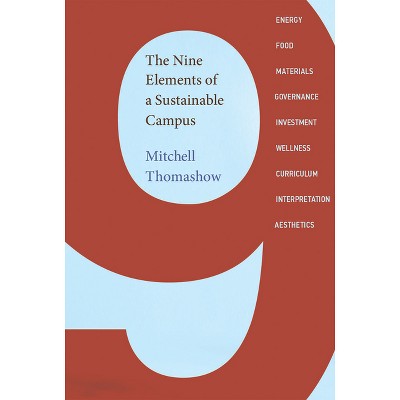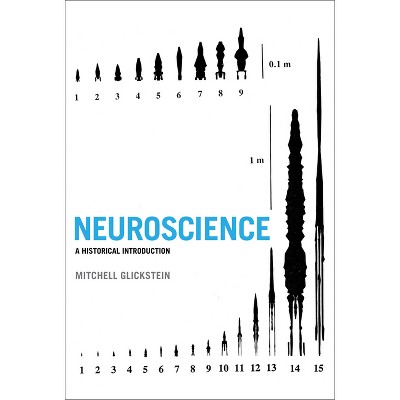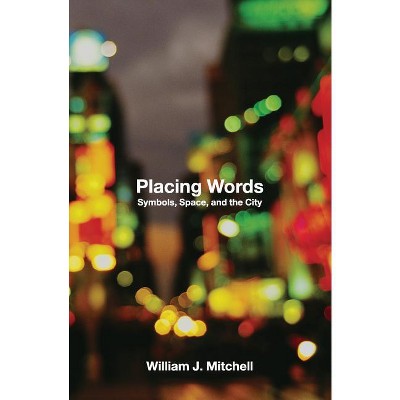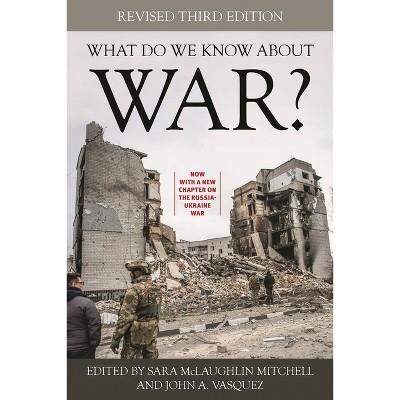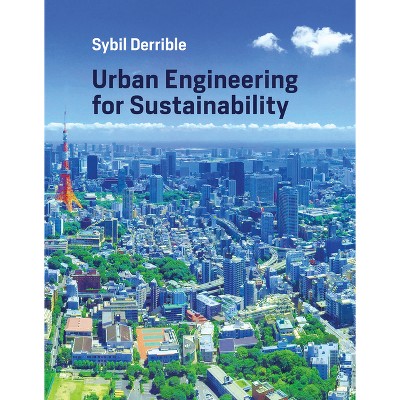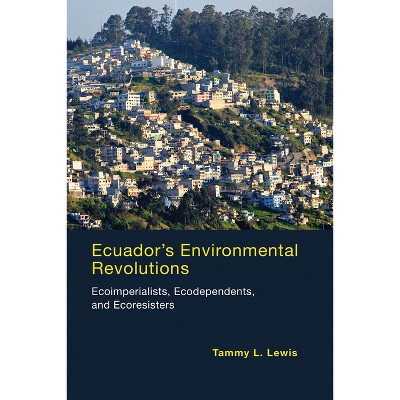Sponsored

To Know the World - by Mitchell Thomashow (Paperback)
In Stock
Sponsored
About this item
Highlights
- Why environmental learning is crucial for understanding the connected challenges of climate justice, tribalism, inequity, democracy, and human flourishing.How can we respond to the current planetary ecological emergency?
- About the Author: Mitchell Thomashow is the author of Ecological Identity: Becoming a Reflective Environmentalist, Bringing the Biosphere Home: Learning to Perceive Global Environmental Change, and The Nine Elements of a Sustainable Campus (all published by the MIT Press).
- 288 Pages
- Political Science, Public Policy
Description
About the Book
"A practical and poetic manifesto promoting new concepts of environmental learning: why environment, inequity, democracy, and diversity are connected challenges, how to navigate the rapid pace of change in the Anthropocene, how to better understand social and ecological networks, how to think about migration both ecologically and culturally, and how to bring a cosmopolitan perspective to place-based approaches. Covers this conceptual ground with clarity, focus, warmth, memoir, mindfulness practices, curricular ideas, and compelling narrative. It invites readers to participate as educational explorers, encouraging them to reflect on their life experiences, enabling them to better understand how and why environmental learning is crucial to human flourishing"--Book Synopsis
Why environmental learning is crucial for understanding the connected challenges of climate justice, tribalism, inequity, democracy, and human flourishing.How can we respond to the current planetary ecological emergency? In To Know the World, Mitchell Thomashow proposes that we revitalize, revisit, and reinvigorate how we think about our residency on Earth. First, we must understand that the major challenges of our time--migration, race, inequity, climate justice, and democracy--connect to the biosphere. Traditional environmental education has accomplished much, but it has not been able to stem the inexorable decline of global ecosystems. Thomashow, the former president of a college dedicated to sustainability, describes instead environmental learning, a term signifying that our relationship to the biosphere must be front and center in all aspects of our daily lives. In this illuminating book, he provides rationales, narratives, and approaches for doing just that.
Mixing memoir, theory, mindfulness, pedagogy, and compelling storytelling, Thomashow discusses how to navigate the Anthropocene's rapid pace of change without further separating psyche from biosphere; why we should understand migration both ecologically and culturally; how to achieve constructive connectivity in both social and ecological networks; and why we should take a cosmopolitan bioregionalism perspective that unites local and global. Throughout, Thomashow invites readers to participate as educational explorers, encouraging them to better understand how and why environmental learning is crucial to human flourishing.
About the Author
Mitchell Thomashow is the author of Ecological Identity: Becoming a Reflective Environmentalist, Bringing the Biosphere Home: Learning to Perceive Global Environmental Change, and The Nine Elements of a Sustainable Campus (all published by the MIT Press).Shipping details
Return details
Trending Non-Fiction




